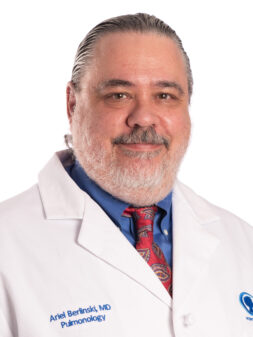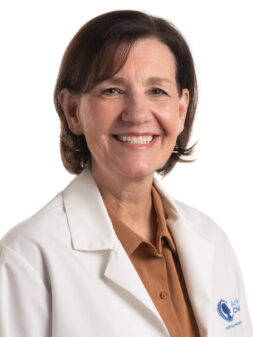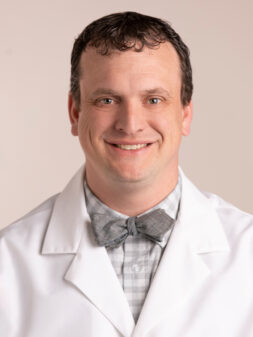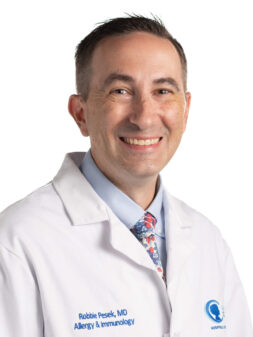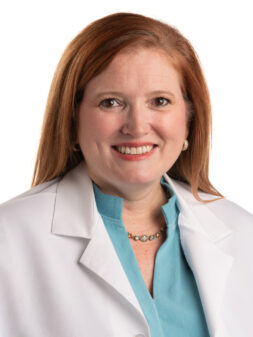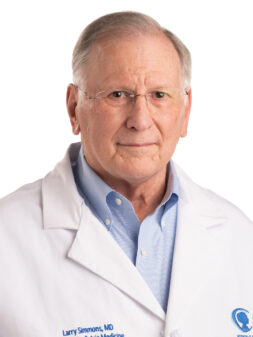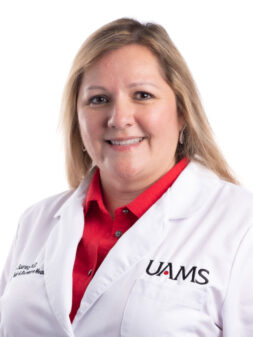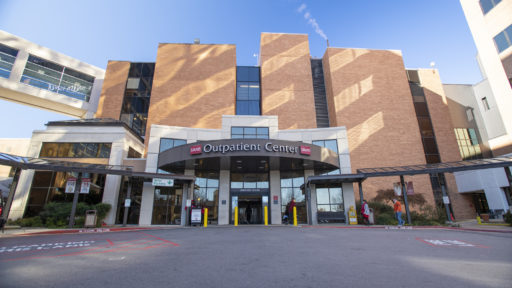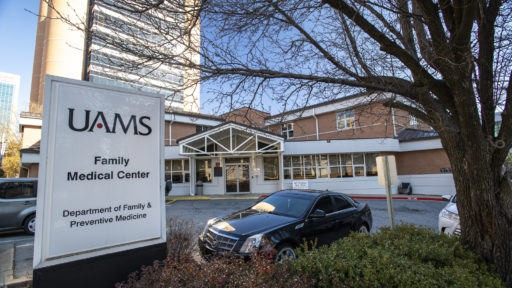What is asthma?
Asthma is a chronic (long-term) lung disease. It affects your airways, the tubes that carry air in and out of your lungs. When you have asthma, your airways can become inflamed and narrowed. This can cause wheezing, coughing, and tightness in your chest. When these symptoms get worse than usual, it is called an asthma attack or flare-up.
What causes asthma?
The exact cause of asthma is unknown. Genetics and your environment likely play a role in who gets asthma.
An asthma attack can happen when you are exposed to an asthma trigger. An asthma trigger is something that can set off or worsen your asthma symptoms. Different triggers can cause different types of asthma:
- Allergic asthma is caused by allergens. Allergens are substances that cause an allergic reaction. They can include
- Dust mites
- Mold
- Pets
- Pollen from grass, trees, and weeds
- Waste from pests such as cockroaches and mice
- Nonallergic asthma is caused by triggers that are not allergens, such as
- Breathing in cold air
- Certain medicines
- Household chemicals
- Infections such as colds and the flu
- Outdoor air pollution
- Tobacco smoke
- Occupational asthma is caused by breathing in chemicals or industrial dusts at work
- Exercise-induced asthma happens during physical exercise, especially when the air is dry
Asthma triggers may be different for each person and can change over time.
Who is at risk for asthma?
Asthma affects people of all ages, but it often starts during childhood. Certain factors can raise your risk of having asthma:
- Being exposed to secondhand smoke when your mother is pregnant with you or when you are a small child
- Being exposed to certain substances at work, such as chemical irritants or industrial dusts
- Genetics and family history. You are more likely to have asthma if one of your parents has it, especially if it's your mother.
- Race or ethnicity. Black and African Americans and Puerto Ricans are at higher risk of asthma than people of other races or ethnicities.
- Having other diseases or conditions such as obesity and allergies
- Often having viral respiratory infections as a young child
- Sex. In children, asthma is more common in boys. In teens and adults, it is more common in women.
What are the symptoms of asthma?
The symptoms of asthma include:
- Chest tightness
- Coughing, especially at night or early morning
- Shortness of breath
- Wheezing, which causes a whistling sound when you breathe out
These symptoms can range from mild to severe. You may have them every day or only once in a while.
When you are having an asthma attack, your symptoms get much worse. The attacks may come on gradually or suddenly. Sometimes they can be life-threatening. They are more common in people who have severe asthma. If you are having asthma attacks, you may need a change in your treatment.
How is asthma diagnosed?
Your health care provider may use many tools to diagnose asthma:
- Physical exam
- Medical history
- Lung function tests, including spirometry, to test how well your lungs work
- Tests to measure how your airways react to specific exposures. During this test, you inhale different concentrations of allergens or medicines that may tighten the muscles in your airways. Spirometry is done before and after the test.
- Peak expiratory flow (PEF) tests to measure how fast you can blow air out using maximum effort
- Fractional exhaled nitric oxide (FeNO) tests to measure levels of nitric oxide in your breath when you breathe out. High levels of nitric oxide may mean that your lungs are inflamed.
- Allergy skin or blood tests, if you have a history of allergies. These tests check which allergens cause a reaction from your immune system.
What are the treatments for asthma?
If you have asthma, you will work with your health care provider to create a treatment plan. The plan will include ways to manage your asthma symptoms and prevent asthma attacks. It will include:
- Strategies to avoid triggers. For example, if tobacco smoke is a trigger for you, you should not smoke or allow other people to smoke in your home or car.
- Short-term relief medicines, also called quick-relief medicines. They help prevent symptoms or relieve symptoms during an asthma attack. They include an inhaler to carry with you all the time. It may also include other types of medicines which work quickly to help open your airways.
- Control medicines. You take them every day to help prevent symptoms. They work by reducing airway inflammation and preventing narrowing of the airways.
If you have a severe attack and the short-term relief medicines do not work, you will need emergency care.
Your provider may adjust your treatment until asthma symptoms are controlled.
Sometimes asthma is severe and cannot be controlled with other treatments. If you are an adult with uncontrolled asthma, in some cases your provider might suggest bronchial thermoplasty. This is a procedure that uses heat to shrink the smooth muscle in the lungs. Shrinking the muscle reduces your airway's ability to tighten and allows you to breathe more easily. The procedure has some risks, so it's important to discuss them with your provider.
Courtesy of MedlinePlus from the National Library of Medicine.
Syndicated Content Details:
Source URL: https://medlineplus.gov/asthma.html?utm_source=mplusconnect&utm_medium=service
Source Agency: National Library of Medicine



